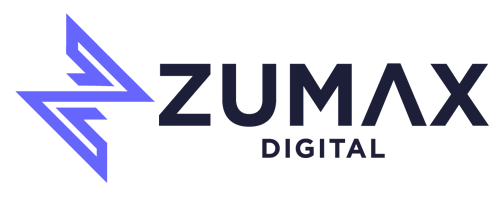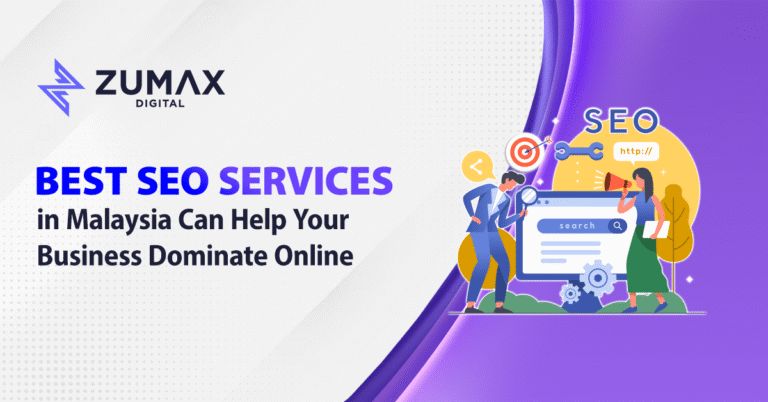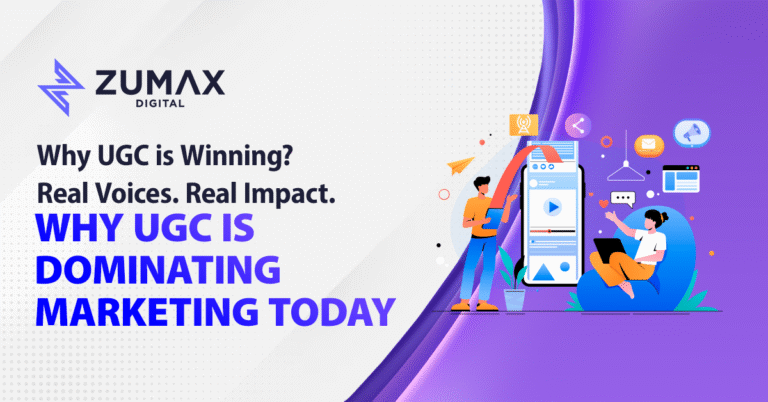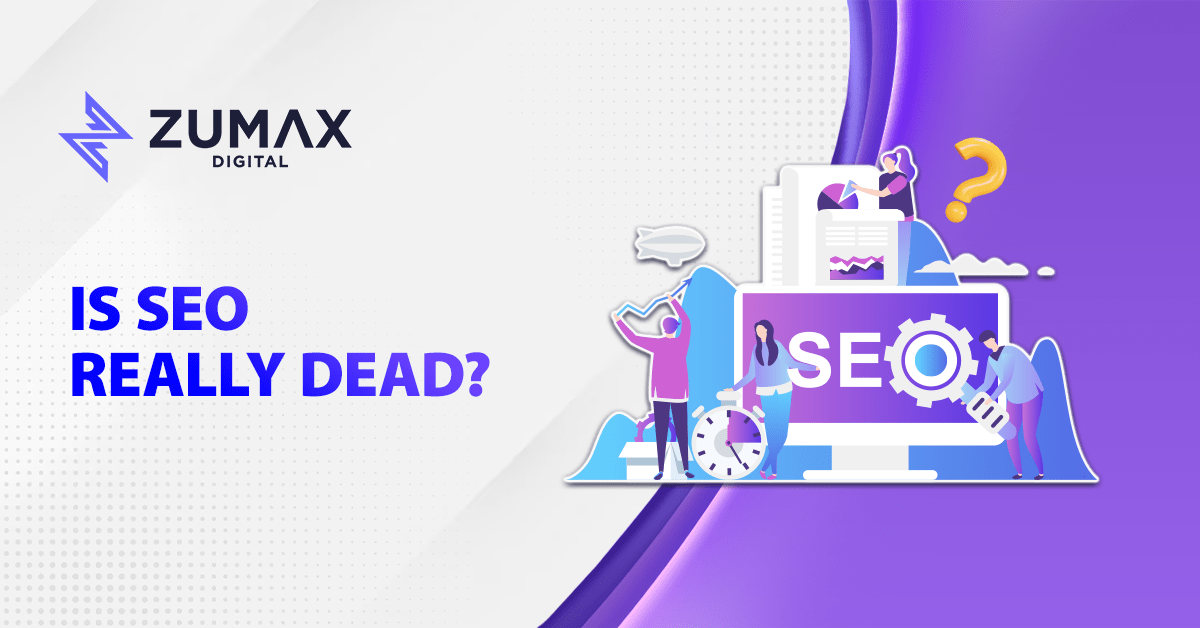
Is SEO Really Dead?
A Data-Driven Analysis for 2025
The digital marketing landscape buzzes with one persistent question: Has search engine optimisation (SEO) finally breathed its last breath? This debate has intensified as artificial intelligence reshapes how people discover information online. While some marketers mourn the supposed demise of traditional optimisation strategies, recent data tells a more nuanced story about the evolution of organic search marketing.
The Current State of Organic Search Marketing
Despite persistent rumours about its death, search engine optimisation demonstrates remarkable resilience. According to the 2024 Organic Search Industry Benchmarks report, organic search continues to account for 33% of web traffic across major industries. This substantial market share reflects the enduring importance of organic discovery channels in the digital ecosystem.
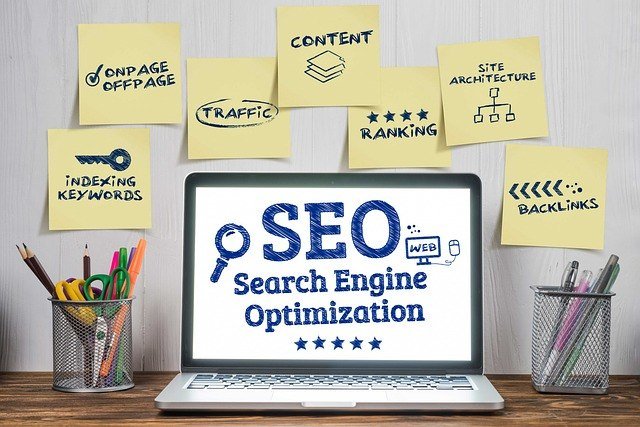
Recent industry research reveals encouraging trends for optimisation practitioners. A comprehensive study found that 62.9% of businesses experienced improvements in their organic search performance during the latter half of 2024, while only 9.5% reported traffic declines. These statistics challenge the narrative that optimisation strategies have become obsolete in the modern digital landscape.
| Metric | Percentage | Source |
| Organic search traffic share | 33% | Conductor 2024 Report |
| Businesses seeing improvements | 62.9% | Semrush 2024 Survey |
| Businesses experiencing declines | 9.5% | Semrush 2024 Survey |
| Positive impact on marketing goals | 91% | Conductor 2025 Survey |
Understanding the Evolution vs. Death Narrative
The confusion surrounding optimisation’s vitality stems from its rapid transformation rather than its actual decline. Traditional tactics that once guaranteed results—keyword stuffing, link farms, and thin content—have indeed become ineffective. However, this doesn’t signal the end of optimisation; it represents its maturation into a more sophisticated discipline.
Modern optimisation emphasises user experience, content quality, and authentic expertise over technical manipulation. Search engines have evolved to prioritise websites that genuinely serve user needs rather than those attempting to game algorithmic systems. This shift has created a healthier ecosystem where valuable content naturally rises to prominence.
The investment landscape further contradicts the death narrative. Research indicates that approximately 55% of businesses plan to increase their optimisation investments in 2025, while only 4% intend to reduce spending. This financial commitment demonstrates industry confidence in optimisation’s continued relevance and potential for driving business growth.
AI’s Impact on Organic Search Dynamics
Artificial intelligence has undeniably disrupted traditional search patterns, particularly through features like Google’s AI Overviews. These AI-generated summaries appear at the top of search results, potentially reducing click-through rates to traditional organic listings. Some studies suggest websites are experiencing traffic losses of 24% on average, with certain cases reaching up to 45%.
The impact varies significantly across industries and query types. Informational searches face the greatest disruption, as AI summaries can directly answer user questions without requiring clicks to external websites. Healthcare, education, and other information-heavy sectors experience more pronounced effects from these algorithmic changes.
| AI Overview Impact | Range | Query Type |
| Average traffic loss | 24% | All queries |
| Maximum observed loss | 45% | Informational queries |
| Search queries with AI features | 47% | Primarily informational |
| Projected AI traffic growth | 2-4 years | To overtake traditional organic |
However, this disruption also creates new opportunities. Websites featured in AI-generated responses often experience traffic boosts, especially if they weren’t previously ranking highly in traditional results. According to Semrush research, AI search traffic has the potential to overtake traditional organic search traffic within the next two to four years, making early adaptation crucial for long-term success.

The Transformation of Optimisation Strategies
Modern optimisation bears little resemblance to its earlier incarnations. Today’s effective strategies focus on creating comprehensive, authoritative content that addresses user needs holistically. Search engines reward websites that demonstrate genuine expertise, authoritativeness, and trustworthiness—collectively known as E-A-T principles.
Technical optimisation remains important but serves as a foundation rather than a standalone strategy. Website speed, mobile responsiveness, and structured data implementation support content quality rather than compensate for its absence. The most successful practitioners balance technical excellence with editorial quality and user experience optimisation.
Content marketing has become inseparable from modern optimisation. Rather than creating content primarily for search engines, successful websites develop resources that genuinely help their target audiences. This approach naturally generates the engagement signals and backlinks that search algorithms value.
Future-Proofing Your Digital Marketing Strategy
Adapting to the evolving search landscape requires a multi-faceted approach that acknowledges both traditional optimisation principles and emerging AI technologies. Successful organisations invest in comprehensive content strategies that serve both human users and artificial intelligence systems.
Understanding user intent has become more critical than ever. With AI systems better interpreting complex queries, content must address the underlying motivations behind searches rather than simply matching keywords. This shift demands deeper audience research and more sophisticated content planning.
Key Adaptation Strategies
Content Quality Over Quantity: Focus on creating fewer, more comprehensive pieces that thoroughly address user needs rather than producing high volumes of shallow content.
Expertise Demonstration: Establish clear authority in your field through detailed, well-researched content that showcases genuine knowledge and experience.
Multi-Format Content: Develop content in various formats—text, video, audio, and interactive elements—to serve different user preferences and consumption contexts.
User Experience Optimisation: Prioritise page loading speed, intuitive navigation, and mobile optimisation as fundamental requirements rather than optional enhancements.
AI Optimisation: Structure content to be easily digestible by large language models while maintaining natural readability for human audiences.
Measuring Success in the Modern Era
Traditional metrics like keyword rankings remain relevant but require contextual interpretation. Modern optimisation success encompasses broader engagement metrics, including time on page, bounce rate, and conversion rates. These indicators better reflect whether content truly serves user needs.
Brand visibility across multiple touchpoints has become increasingly important. Successful websites appear not only in traditional search results but also in AI-generated summaries, featured snippets, and voice search responses. This multi-channel presence requires diversified optimisation strategies.
Industry-Specific Considerations
Different sectors experience varying degrees of disruption from AI-powered search features. E-commerce websites often benefit from product-focused queries that require detailed information and purchase facilitation. Service-based businesses must focus on local optimisation and reputation management to maintain visibility.
B2B organisations find success through thought leadership content that addresses complex industry challenges. These in-depth resources often escape AI summarisation due to their specialised nature, maintaining their click-through potential.
The Future Belongs to Strategic Adaptation
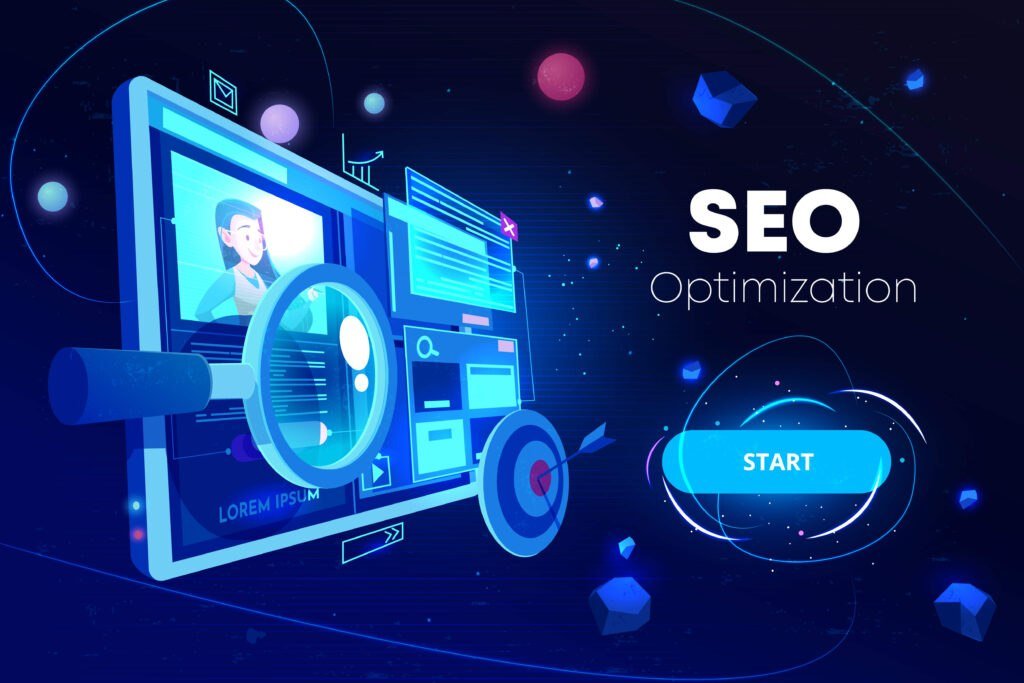
Reports of optimisation’s death have been greatly exaggerated. While traditional tactics have indeed become obsolete, the fundamental principle of connecting quality content with interested audiences remains more relevant than ever. The discipline has evolved from a technical manipulation exercise into a sophisticated user experience optimisation practice.
Success in today’s search landscape requires a comprehensive understanding of both traditional optimisation principles and emerging AI technologies. Organisations that embrace this evolution while maintaining focus on user value will continue to thrive in organic search channels.
At Zumax Digital, we understand the complexities of modern search marketing and help businesses navigate this evolving landscape. Our digital marketing agency in Malaysia specialises in developing future-ready SEO optimisation strategies that drive sustainable growth while adapting to technological changes. We combine traditional optimisation expertise with cutting-edge AI optimisation techniques to ensure our clients maintain competitive advantages in organic search results.
Ready to transform your digital marketing approach for the AI era? Contact our expert team at Zumax Digital to discover how we can help your website achieve lasting success in organic search. Our proven methodologies and strategic insights will position your business for growth in the rapidly evolving search landscape. Get started with a free consultation today and see how we can elevate your online presence to new heights!
References:
https://www.conductor.com/academy/organic-website-traffic-industry-benchmarks
https://www.seoinc.com/seo-blog/much-traffic-comes-organic-search
https://coalitiontechnologies.com/blog/how-ai-search-impacts-organic-traffic

